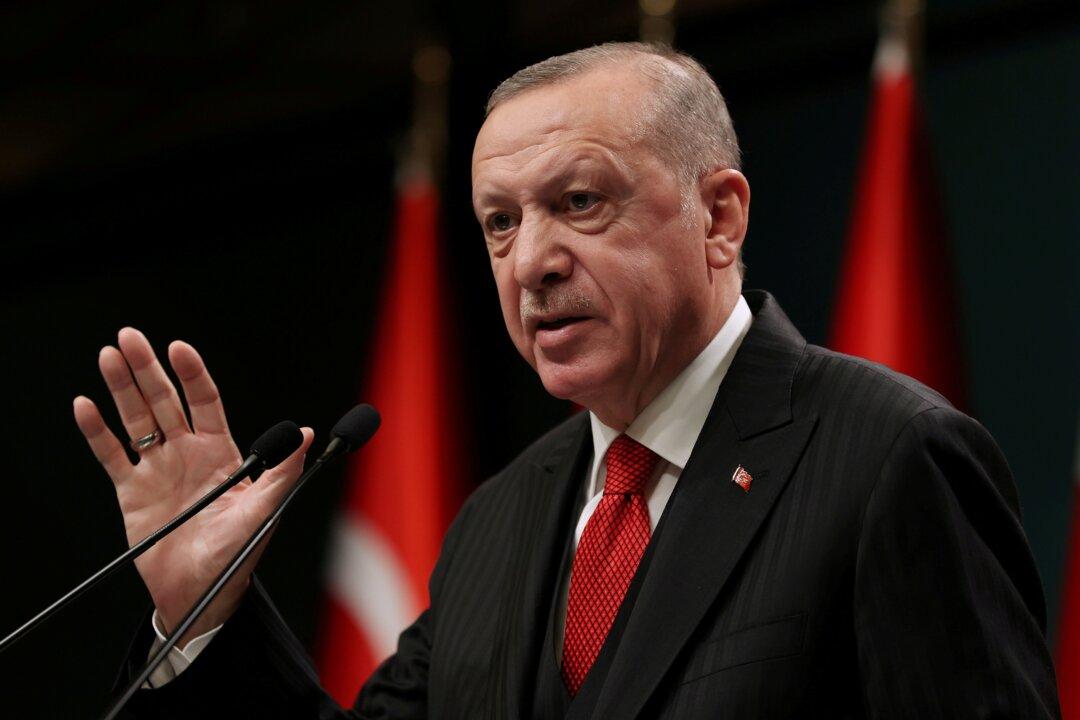ANKARA, Turkey—Turkey’s parliament has passed a law that would ramp up oversight of foundations and associations. and risks limiting the freedoms of civil society organizations, according to rights groups including Amnesty International.
The law allows the interior minister to replace members of organizations who are being investigated for terrorism charges, while the interior ministry can also apply to courts to halt the groups’ activities under the new law. International organizations will also be included under the law and penalized accordingly.





